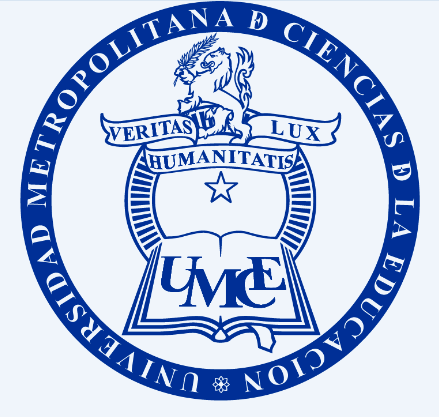Main Article Content
Apr 17, 2017
Abstract
Una lengua común es fundamental para la
cohesión de una sociedad y, en el caso del
español, los hispanohablantes intentamos
preservar su unidad; sin embargo, como en
todo idioma, se registran léxicos específicos,
cuyo propósito es que sólo los miembros de
grupos determinados los conozcan y utilicen:
las jergas. En el caso de Chile, la jerga
juvenil es adoptada, actualmente, por otros
segmentos de la población quizás como una
forma inconsciente de conservar la identidad
cultural dentro del nuevo orden mundial en el
que vivimos. En el presente trabajo se intenta
reflexionar acerca de la nueva tribalización
en la aldea global y el valor del lenguaje en
esta nueva realidad.
Downloads
Policies for open access journals
Authors who publish here accept the following terms: Authors will keep their copyright and will guarantee the journal the right to the first publication of their work, which will be subject to the Licence of Creative Commons acknowledgement, which allows for the use of this material only if the authorship is credited and the original source is acknowledged (the journal’s URL), and if it is not used with commercial ends and with any derivations of the original work.
Authors may adopt other non-exclusive license agreements of distribution of the published version (e.g. to save it onto a digital institutional archive or publish it in a monographic volume) only if the initial publication of this journal is indicated.
It is permitted and recommended for authors to divulge their work on the Internet (e.g. institutional digital archives or webpage) before and during the submission process, which may lead to interesting exchanges and increase the citations of the publication. (See Open Access Effect).






